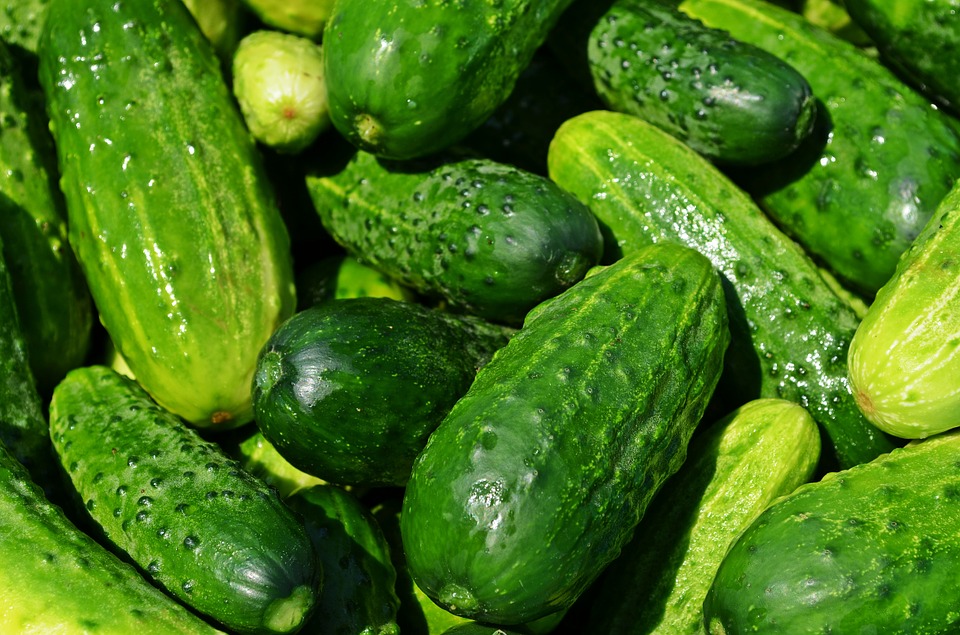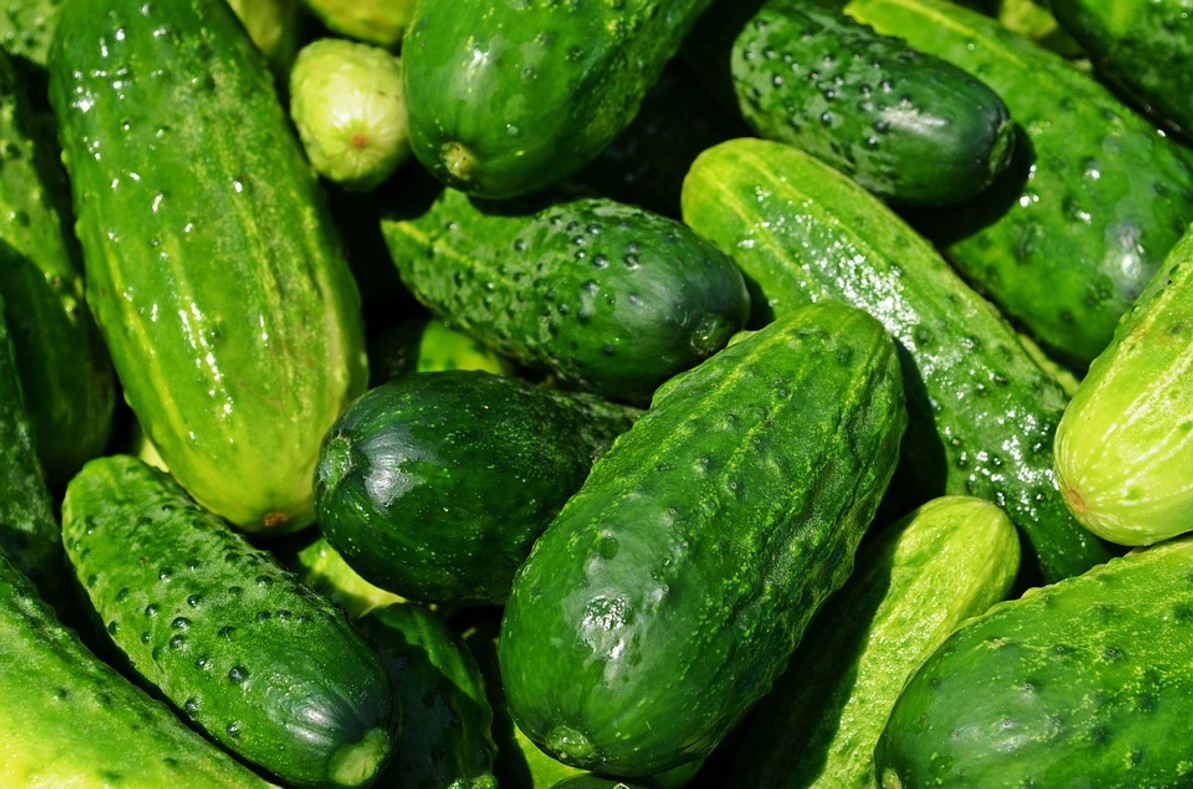Protein in Cucumbers and Other Veggies Linked to Alzheimer's

Vegetables such as cucumbers, tomatoes and potatoes contain a special protein known as lectin, which researchers say could contribute to Alzheimer's disease
According to a recent report published by NDTV, lectin is essentially a defense mechanism for the aforementioned vegetables. When consumed, it attacks the blood vessels; this, discouraging people -- and possibly animals -- from consuming the vegetable in the wild. But there's been little research done on the effects of lectin. One study found that lectin causes brain disorders while also affecting the genetic makeup of cells. Lectin has also been shown to block insulin receptors, presumably because of its effect on the blood vessels.
According to a recent study published by the American Academy of Neurology, however, lectin may also contribute to Alzheimer's and Parkinson's. Dr. Steven Gundry discovered a direct link between memory loss and lectin, leading some to believe the protein could cause Alzheimer's.
Does this mean you should avoid cucumbers, tomatoes and potatoes? Not necessarily, as there's still more research needed to be done before any conclusive statements can be made. With that said, these studies certainly raise some questions regarding the nutritional value, and potential dangers, of consuming such vegetables.
As with most things in life, it's best to consume cucumbers, tomatoes and potatoes in moderation. There's no denying the fact that these vegetables provide real nutritional value. They contain a plethora of beneficial vitamins and nutrients. So, while they contain a potentially harmful protein known as lectin, they also contain beneficial nutrients.
And if you're worried about developing Alzheimer's disease, consider adding more omega-3 fatty acids to your diet. There's strong evidence suggesting that healthy fats, including omega-3s, protects the brain from common diseases like Alzheimer's. The general belief is that healthy fats reduce beta-amyloid plague buildup within the brain, which in turn protects against Alzheimer's and other forms of dementia.
The bottom line is that eating cucumbers, tomatoes and potatoes isn't going to cause Alzheimer's. While this study links lectin -- a protein found within these vegetables -- to Alzheimer's, this doesn't necessarily mean that consuming them will lead to the disease. The key thing to remember is that you should consume these and other foods in moderation. You can further protect against Alzheimer's disease by adding more omega-3 fats in your diet.
Recent Posts
-
Fire Safety in the Workplace: What You Need to Know
What steps are you taking to prevent fires in your workplace? According to the U.S. Occupational Saf …Aug 23rd 2023 -
Is It Safe to Go Jogging With a Cold Infection?
If you're suffering from a cold infection, you might be wondering whether it's safe to go jogging. T …Aug 22nd 2023 -
5 Safety Tips to Follow When Using a Powder-Actuated Tool
Powder-actuated tools are commonly used to join materials to steel and concrete. Also known as Hilti …Aug 20th 2023




